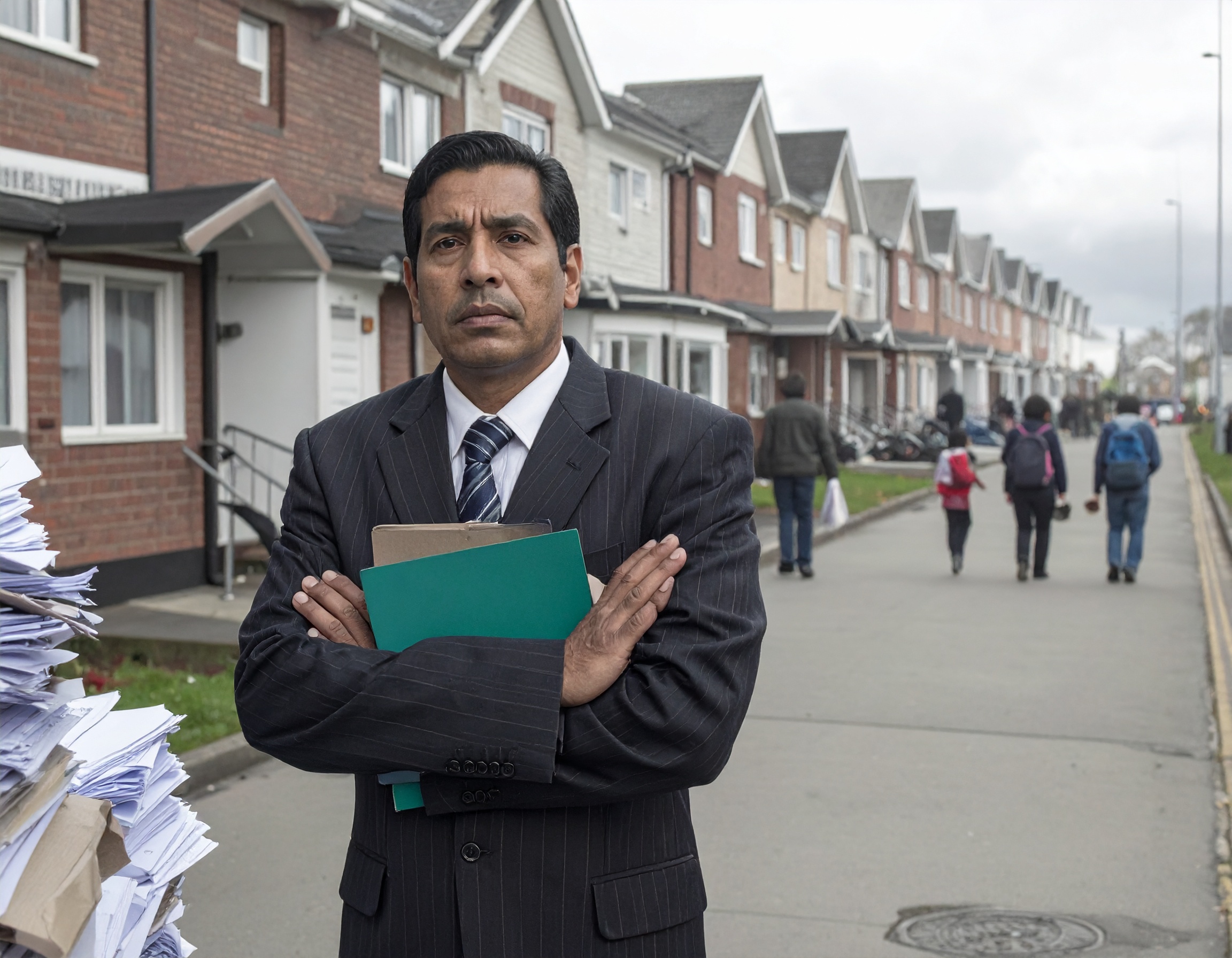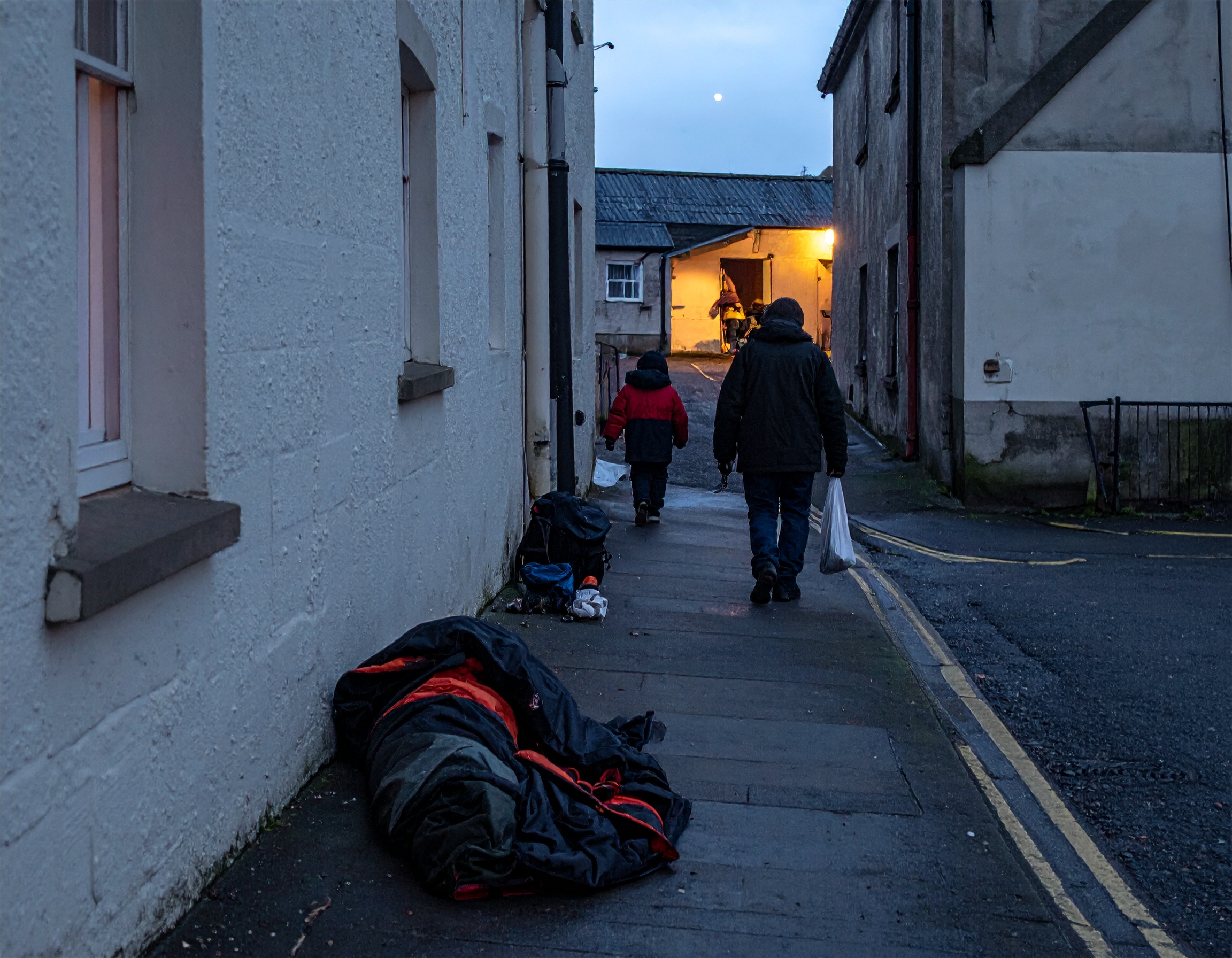Cost of Housing Homeless Families in England Hits £2.8 Billion as Temporary Accommodation Crisis Deepens

Local councils across England are facing unprecedented financial strain as the cost of housing homeless families in temporary accommodation surges to a record £2.8 billion, according to new government figures. The annual bill for local authorities has jumped by £500 million in a single year, highlighting the growing scale and expense of the country’s homelessness crisis.
There are now a record 131,140 households living in temporary accommodation, including 169,050 homeless children. Over the past five years, council spending on temporary accommodation has more than doubled, climbing 118% to a total of over £10 billion.
Catherine Parsons, Managing Director of The Big Issue, said: “Local authority budgets are buckling under the weight of our overreliance on temporary accommodation. These figures show we cannot continue using temporary solutions to address homelessness. The government must urgently deliver a comprehensive homelessness strategy that tackles the root causes of housing insecurity.”
Mairi MacRae, Director of Campaigns and Policy at Shelter, stressed the need for long-term solutions: “While councils are spending billions to keep families off the streets, there aren’t nearly enough social homes. Families are forced into cramped, unsafe conditions, while private providers profit from the crisis. The government must ramp up social housing delivery, aiming for 90,000 homes per year, to relieve this pressure.”
The breakdown of spending reveals that £844 million went toward emergency B&Bs and hostels, the most challenging type of temporary accommodation for families. More than £1 billion was spent on nightly paid, self-contained accommodation, representing 40% of the total spend. Costs for privately managed temporary housing rose 79% in a single year.
John Glenton, Chief Care and Support Officer at Riverside Housing Association, commented: “Spending £2.8 billion in a year—and more than £10 billion over five years—demonstrates the unsustainable cost of temporary accommodation. Beyond the financial impact, families face cramped living spaces, lack of kitchen facilities, and disrupted lives, particularly children who must study and sleep in overcrowded rooms.”
In response, the Labour government has pledged £1 billion over the next year to tackle homelessness and rough sleeping, including programs to reduce reliance on emergency B&Bs. Early results have cut B&B placements by 30%, though councils warn much more needs to be done.
Cllr Tom Hunt, Chair of the Local Government Association’s Inclusive Growth Committee, emphasized the need for policy reform: “Councils are paying landlords market rates, while reimbursement remains tied to outdated 2011 figures. To manage this crisis, the government must adjust housing benefit rates, restore the Local Housing Allowance to reflect current rents, and invest in building the right types of homes with necessary supporting infrastructure.”
The new figures are a stark reminder of both the financial and human cost of England’s housing crisis. Louisa, a Big Issue vendor, described her experience in temporary accommodation: “Living in shared housing was difficult, especially with children. Now, having my own home, I feel safe—but not everyone can access this. Government action is urgently needed to help those in real need.”
As homelessness reaches record levels, councils and housing charities are calling for bold, sustained government action to protect vulnerable families, deliver social housing, and provide secure, long-term solutions.

